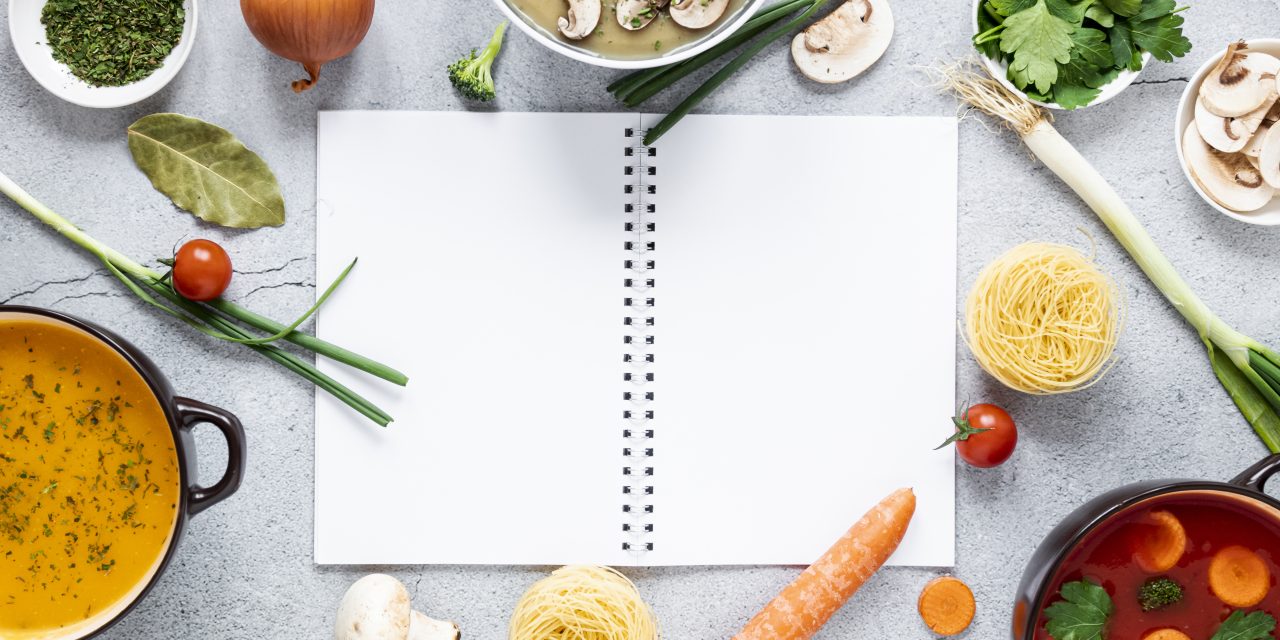Let’s not over-complicate things: better meal planning = better nutrition in the long run
It’s easy to get overwhelmed when you’re trying to get your diet on track or even just start eating healthier. Enter meal planning.
Quick Read:
- No need to go overboard and attempt an entire 7-day meal plan on your first try. Start with meal planning for two or three days, and build from there.
- Write a simple grocery list to avoid buying at the last minute. Also, stick to healthy choices.
- Keep it simple! Healthy doesn’t have to mean complicated. Whole foods and simple recipes win every time.
What do we mean by meal planning?
The point of meal planning is to make healthy eating easier, streamlined, and more consistent. By deciding your meals ahead of time, you can:
- Save time, money, and reduce daily stress about what to eat.
- Avoid unhealthy impulse food choices or takeaways and fast food.
- Make grocery shopping smarter and less wasteful.
- Ensure your meals are balanced and nutritious.
- Help build lasting healthy habits without feeling overwhelmed.
Basically, meal planning sets you up to eat well without the daily struggle, so healthy eating becomes simple, doable, and sustainable.
Where do I start?
The backbone of a solid meal plan is understanding nutrition, and this knowledge can help you better manage what you eat. The goal is to see a change in your body, and a winning way is by removing high-calorie, nutrient-dense foods from your diet. Once you start getting rid of excess sugar and salt from your diet, your overall health will reap the benefits.
What do I need for meal planning?
The good news: no fancy gadgets or complicated utensils necessary, just a few basics to keep you organised and motivated:
- Jot down your meals and grocery lists. You can also use apps if you prefer digital.
- A good set of knives, cutting board, pots, and pans will make prepping easier.
- A list of your favourite healthy recipes. Keep these handy for inspiration and to avoid decision fatigue.
- Stock up on versatile, nutritious basics like wholegrains, beans, fresh vegetables, fruits, lean proteins, and healthy fats.
- Dedicate a small chunk of time once or twice a week to prepare ingredients or cook meals in advance.
- Be ready to adjust your plan if life gets busy. Meal planning is a guide, not a rulebook.
Simple recipe ideas
Overnight oats
Take the busyness out of morning routines by getting oats ready from the night before. Simply layer creamy oats with milk, a dose of yoghurt, and bursts of fresh or dried fruit in a jar. Leave this mixture in the fridge overnight, and wake up to a ready-to-eat breakfast.
Rainbow vegetable sizzle stir-fry
Again, super-simple and versatile. Check the freezer and grab whatever vegetables you have on hand. Hopefully, a good bunch of peppers, carrots, and leafy greens. Sauté them with garlic and your choice of protein, then splash in a little soy or tamari for a spicy kick. Serve over wholesome brown rice or nutty quinoa to fuel your day.
Quinoa has a natural coating that can taste bitter, so rinse it thoroughly under cold water for 30-60 seconds before cooking.

One-pot lentil casserole
In one pot, combine lentils, tomatoes, chopped seasonal vegetables, and warming spices. Let the mixture simmer into a rich, hearty soup that feels like a warm hug on a plate, perfect for lunch or dinner any day. Plus, this casserole makes for good leftovers.
Roast chicken and vegetable medley
Toss tender chicken pieces and a colourful variety of vegetables in olive oil, sprinkle with your favourite herbs and spices, then roast everything together on a sheet pan. The good news with this dish: there’s minimal clean-up, maximum flavour, and a wholesome meal ready relatively quickly.
Let food be your medicine and medicine be your food. – Hippocrates
Images: Freepik



















